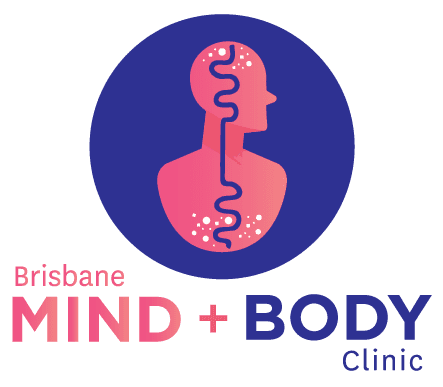It seems we can’t find what you’re looking for. Perhaps searching can help.
Get in touch
Contact Us
To learn more about how we can assist you, or if you have any questions regarding our services, please complete our contact form. Our dedicated team will promptly respond.
We offer a complimentary discovery call to further discuss your requirements and explore the best solution for your individual needs.
- Suite 18 / 7 O’Connell Terrace, Bowen Hills QLD 4006
- hello@brisbanemindbodyclinic.com.au
- (07) 3520 2209
QUICK SEARCH
- Psychologist Brisbane Northside
- Best Psychologist in Bowen Hills
- Psychology North Brisbane
- Brisbane Psychology Centre
- Holistic Psychologist Brisbane
- Best Anxiety Psychologist Brisbane
Opening Hours
Monday
08:00 AM - 06:00 PM
Tuesday
08:00 AM - 06:00 PM
Wednesday
08:00 AM - 06:00 PM
Thursday
08:00 AM - 06:00 PM
Friday
08:00 AM - 06:00 PM
Saturday
Closed
Sunday
Closed
Our psychology and nutrition clinic in Bowen Hills is dedicated to helping individuals achieve optimal mental and physical health. We offer a range of services, including psychotherapy and nutrition counselling, to support our clients in reaching their health goals.
Blogs | Contact Us | Privacy Policy
Web Design by Jellie Digital
Scroll to Top

